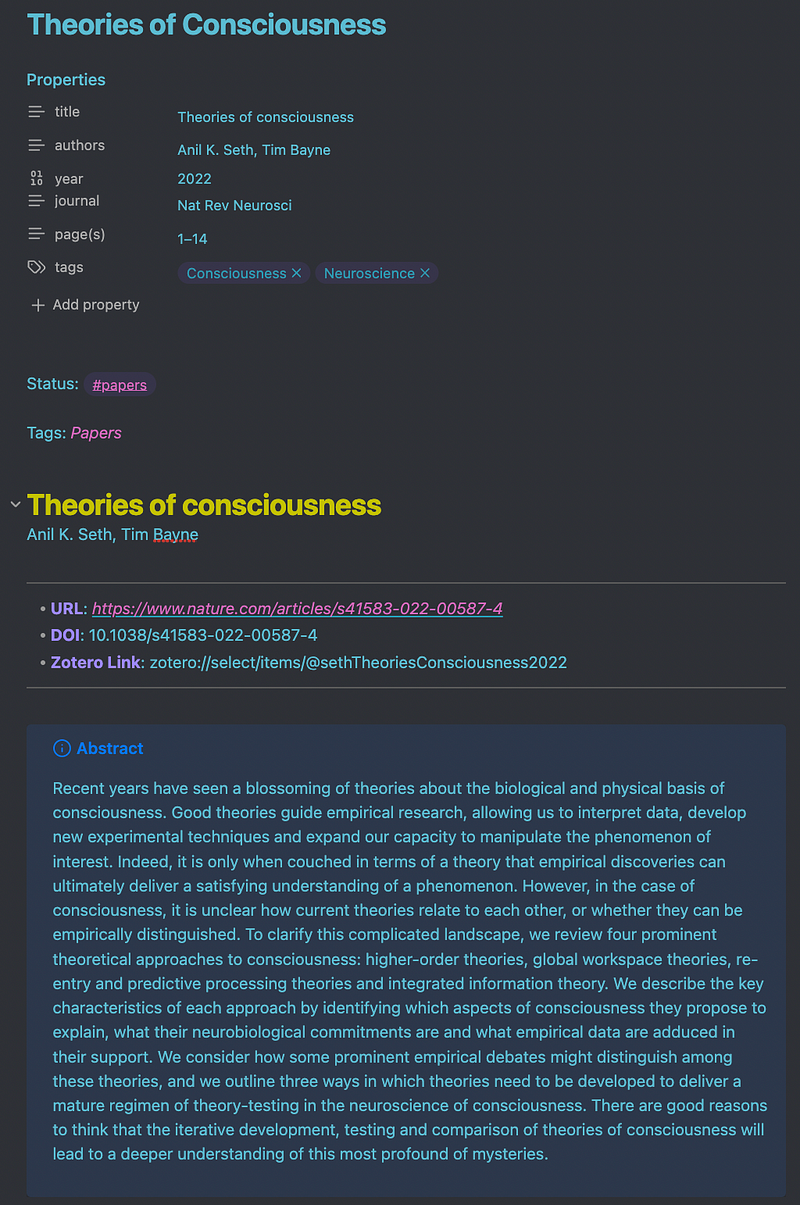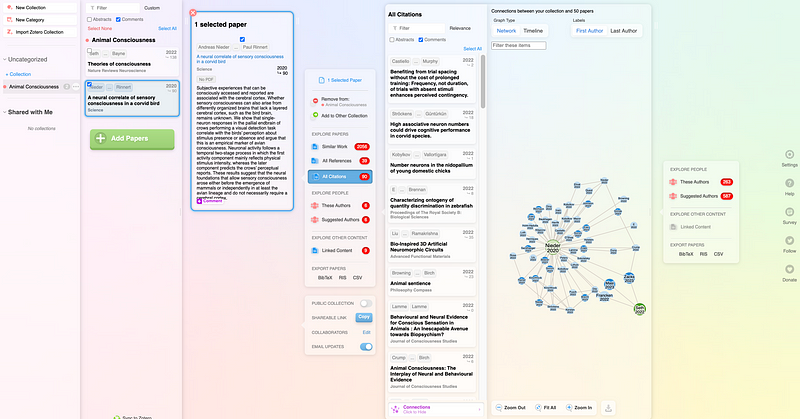Optimizing Your Academic Workflow as a PhD Student
Written on
Chapter 1: Streamlining Your Academic Life
Creating an efficient academic workflow took some time, but now it saves me countless hours each day while ensuring I retain what I read. Are you ready to enhance your productivity? With this eight-step approach, you can eliminate stress from your academic workload!
Follow me for more insights on Science: Axel.
Section 1.1: Essential Tools for PhD Students
Here are six free tools that can dramatically transform your academic experience.
Subsection 1.1.1: Identifying Seed Papers
A seed paper serves as the foundational resource for your research. For instance, if you're aiming to replicate a study, the paper you're replicating is your seed paper. Review articles can also be excellent starting points, as they summarize the current state of research on your topic. For example, when drafting a research proposal on lucid dreams, I began with the review "The Cognitive Neuroscience of Lucid Dreaming" by Baird et al. (2019), which acted as my seed paper.
Utilize various search databases to find your seed papers:
- Google Scholar
- PubMed
- Scopus
- Web of Science
Section 1.2: Accessing Open-Access Papers
I avoid using Sci-Hub. It's straightforward to determine if a paper is open-access. If not, there are several methods to obtain it. I use the Unpaywall extension, which indicates whether a paper is accessible. If it’s behind a paywall, I utilize my academic email to request access, as many universities offer their students access to these articles. Additionally, I often email authors directly; they are usually happy to share their work.
ResearchGate is another platform where researchers frequently upload their paywalled papers, allowing you to request full versions easily.

If the lock is green, it indicates open-access availability.
Chapter 2: Organizing Your Research
The first video, "Academic Workflow: From First Note to Publication," provides a comprehensive overview of effective academic practices for researchers.
Section 2.1: Storing Papers with Zotero
Once I've gathered my papers using Unpaywall and ResearchGate, I store them in Zotero. The process is simple: download Zotero and the Zotero connector.
To save a paper, I visit the paper's URL and click the Zotero icon in my browser's toolbar.

Note that the paper will be saved in the last opened Zotero folder, and if it’s open-access, the PDF version will also be saved automatically.
Chapter 3: Efficient Note-Taking and Writing
The second video, "Unlock Your Research Potential: A Tour of Obsidian for PhD Students," guides you through maximizing your research capabilities using Obsidian.
Section 3.1: Utilizing Zotero for Note-Taking
I can quickly discover and read relevant papers, and for note-taking, Zotero offers an excellent system. I can highlight text, jot down notes, and even take notes on my iPhone or iPad through its app.
Section 3.2: Automating Notes to Obsidian
After taking notes, I automate the process of transferring them to Obsidian. By right-clicking on my paper in Zotero and selecting “Add notes from annotations,” I can seamlessly transfer my notes to Obsidian.

This method dramatically reduces my workload. I only need to refine my highlights and rephrase them in my own words.
Section 3.3: Tracking Your Reading Progress
Synchronizing Zotero and Obsidian allows me to create a comprehensive database of all the papers I've read. With the database plugin in Obsidian, I can manage my reading history efficiently.

Chapter 4: Writing with Ease
To write my thesis, research proposals, or papers, I rely on Google Docs and Zotero. Zotero makes it easy to cite sources directly within my document.

I choose the citation style I need, add my references, and Zotero automatically updates my bibliography as I go.
In conclusion, this workflow has significantly streamlined my academic responsibilities. While this overview was somewhat broad, I plan to write more detailed articles on each tool if there's interest. I welcome any additional recommendations you might have!
Thank you for reading, and see you soon!
